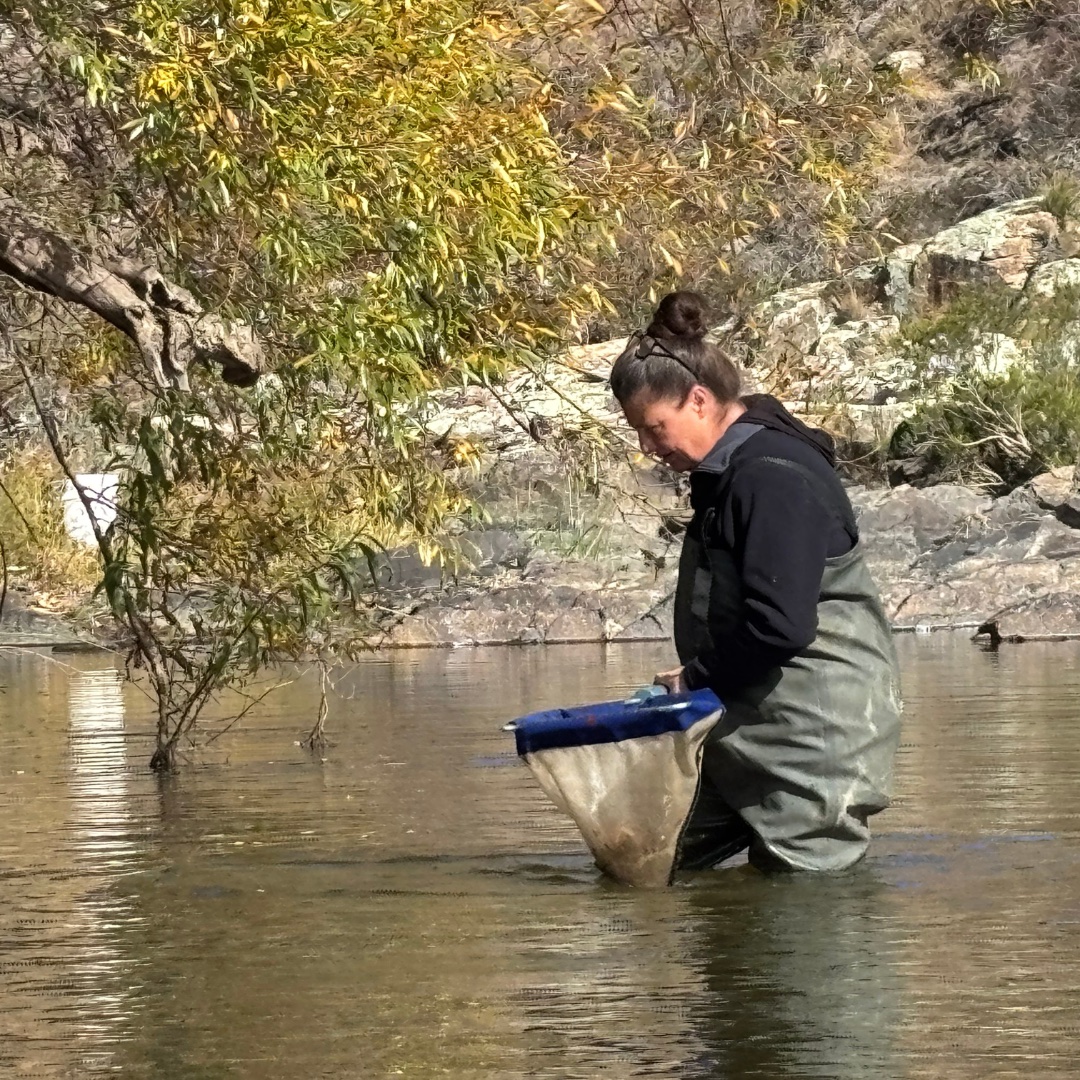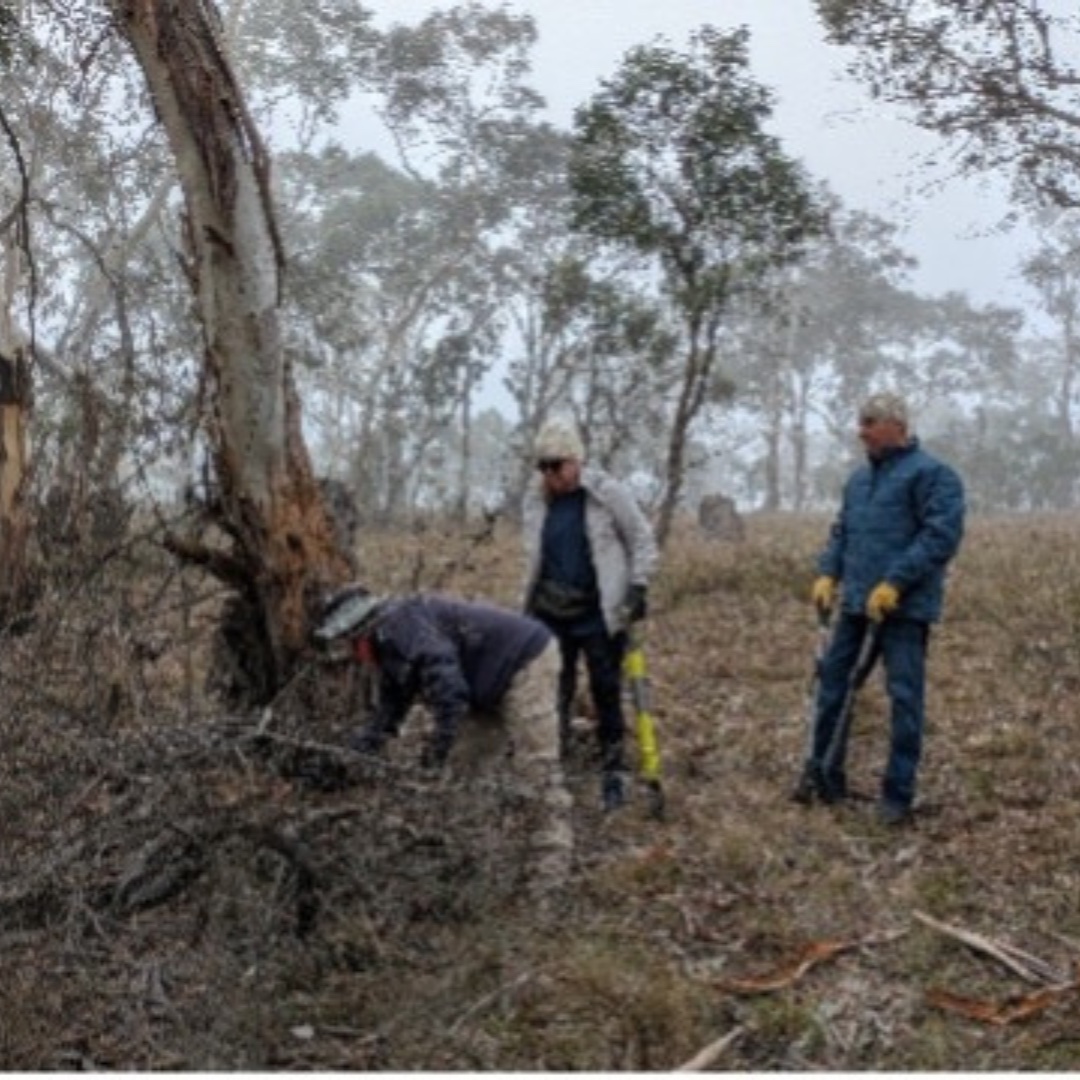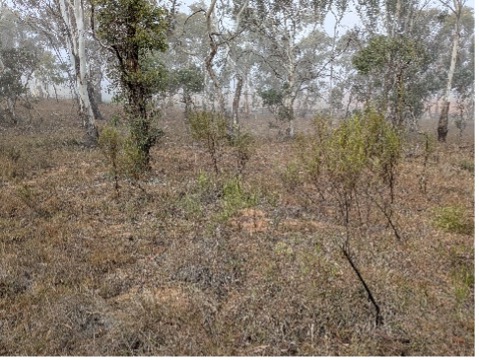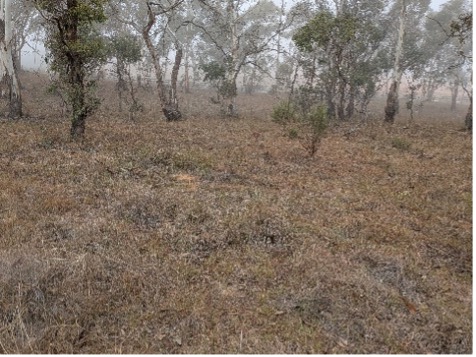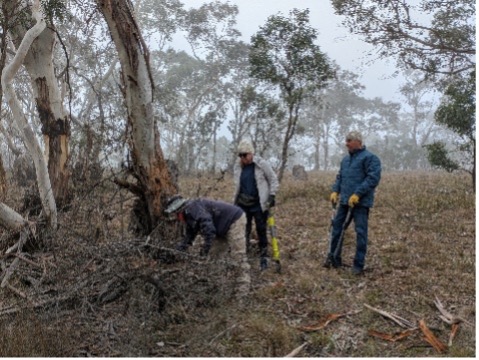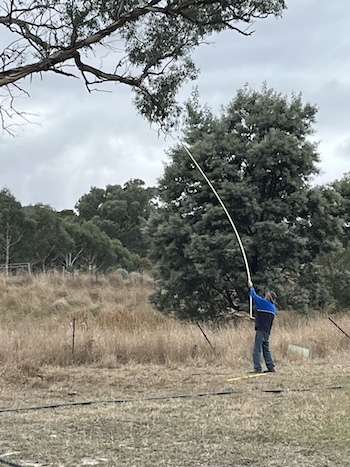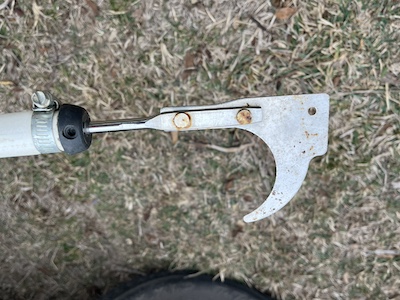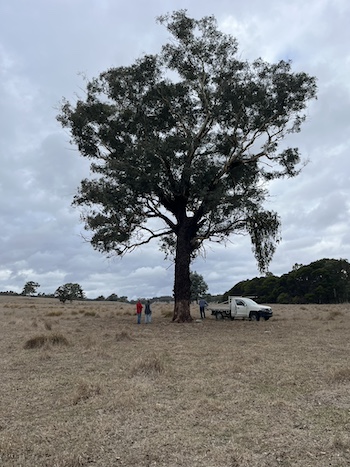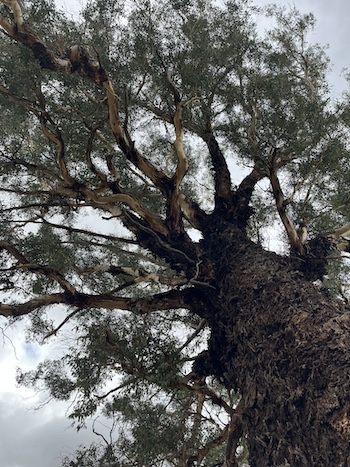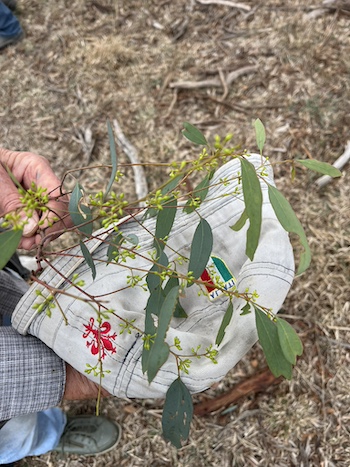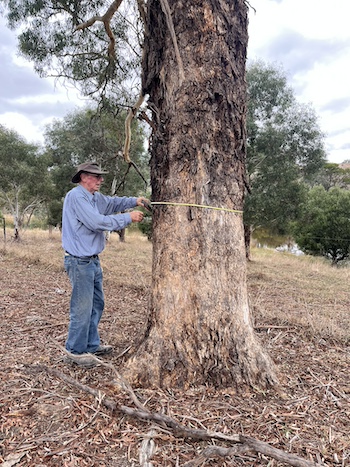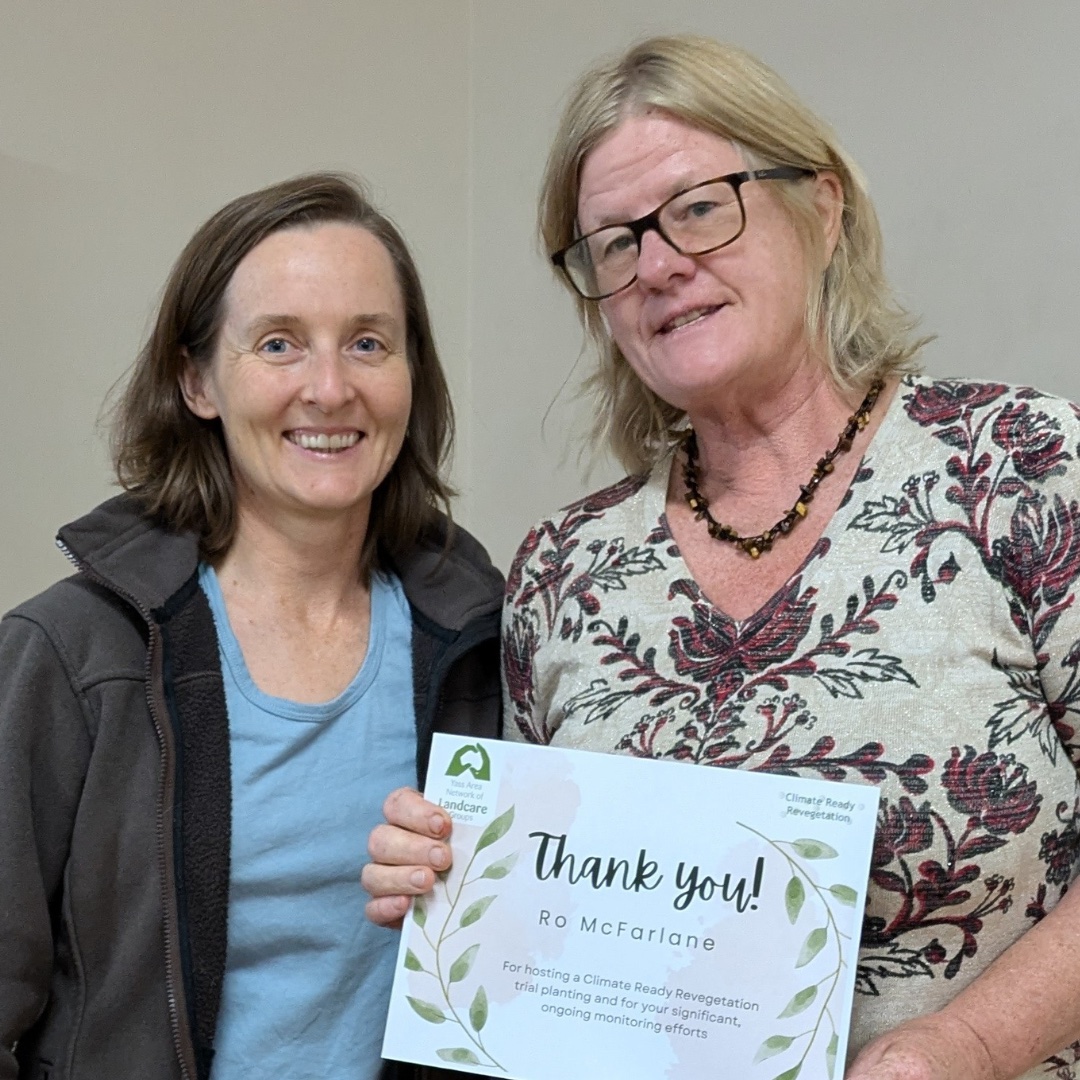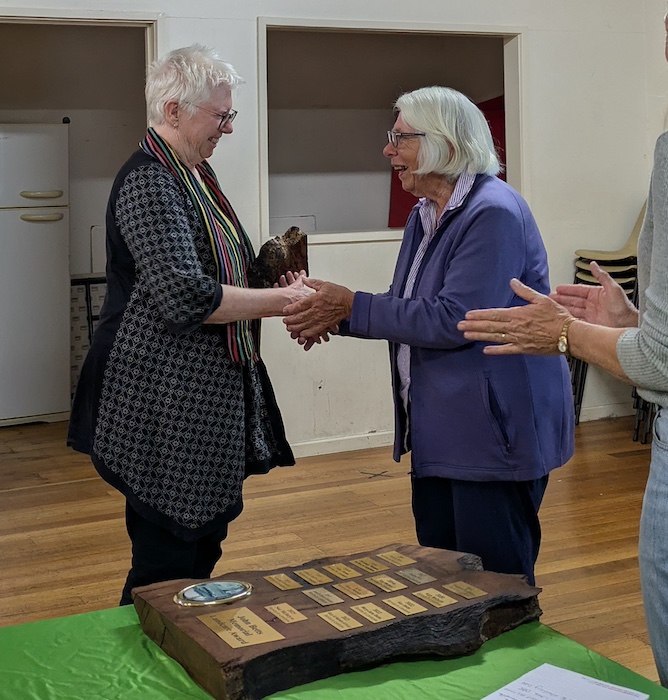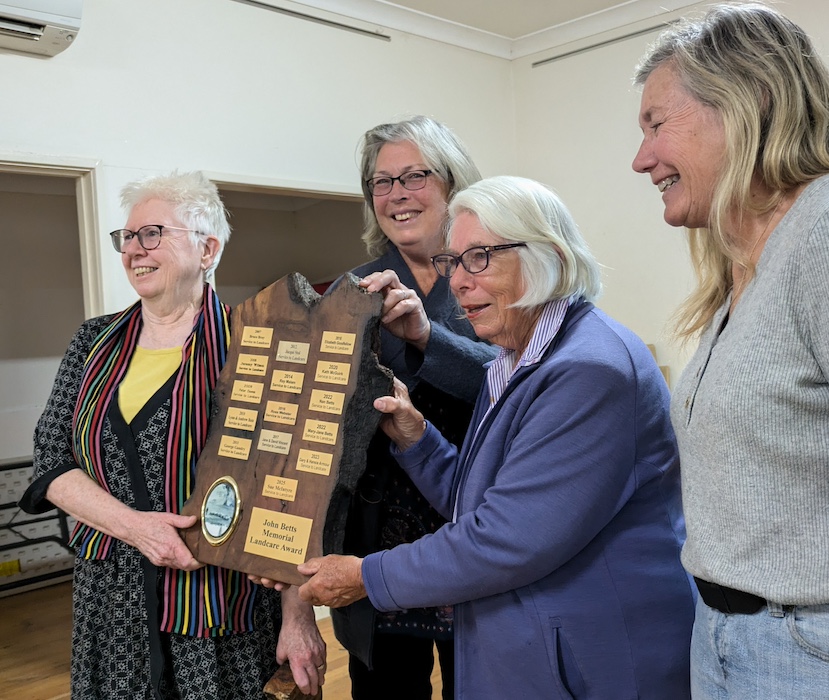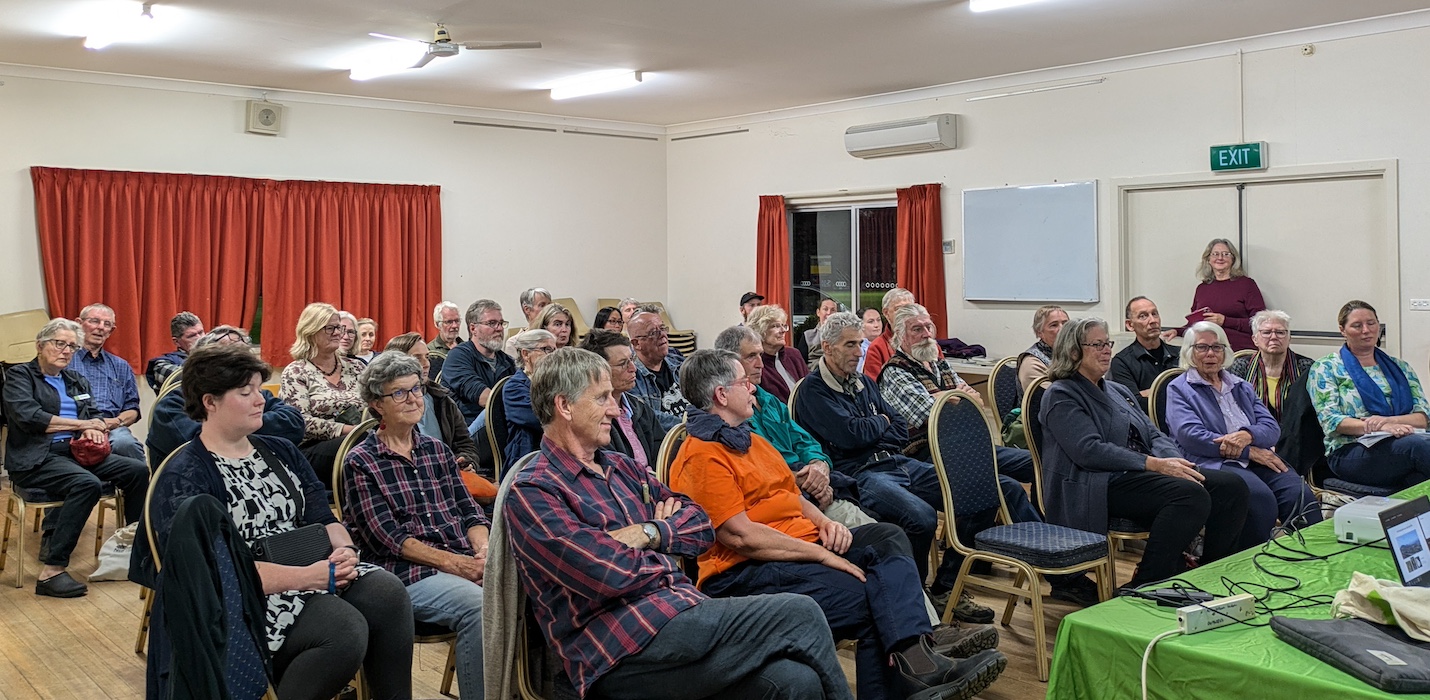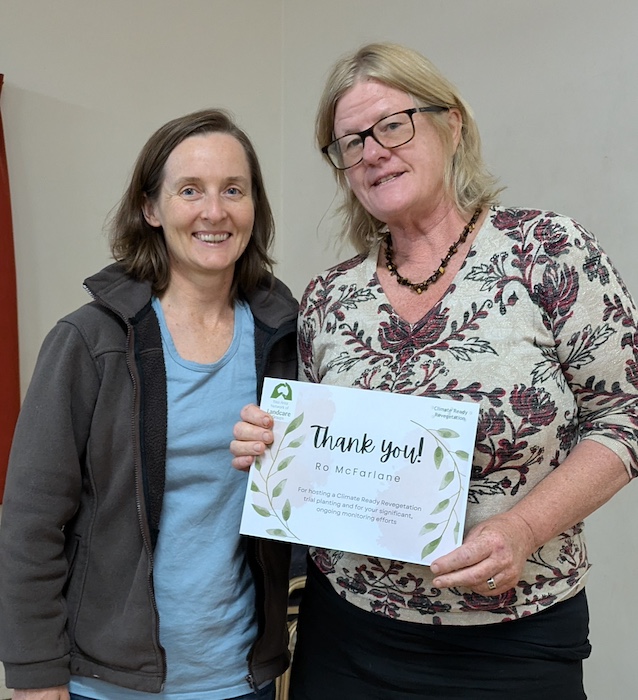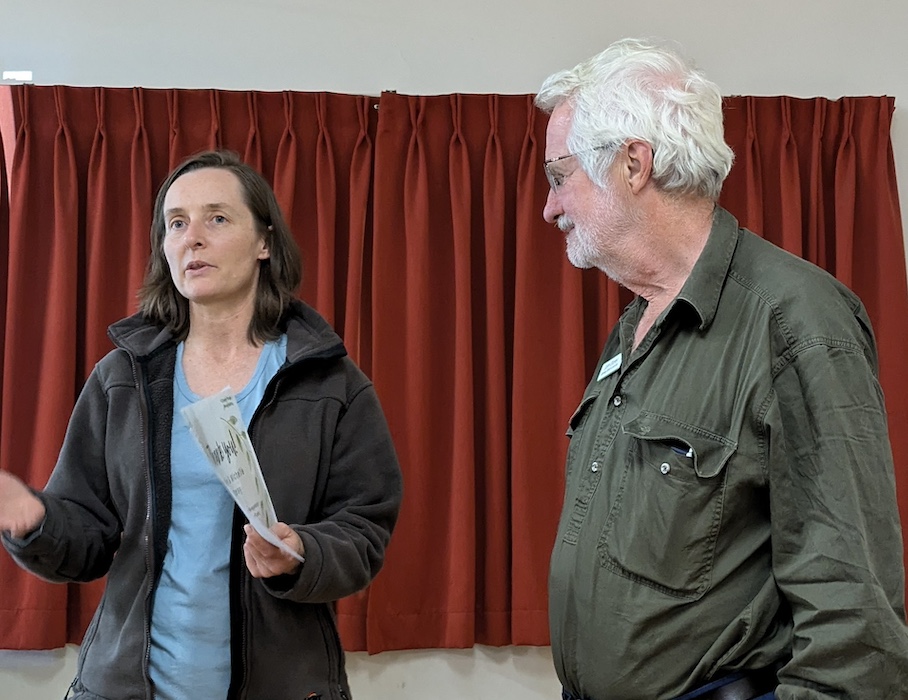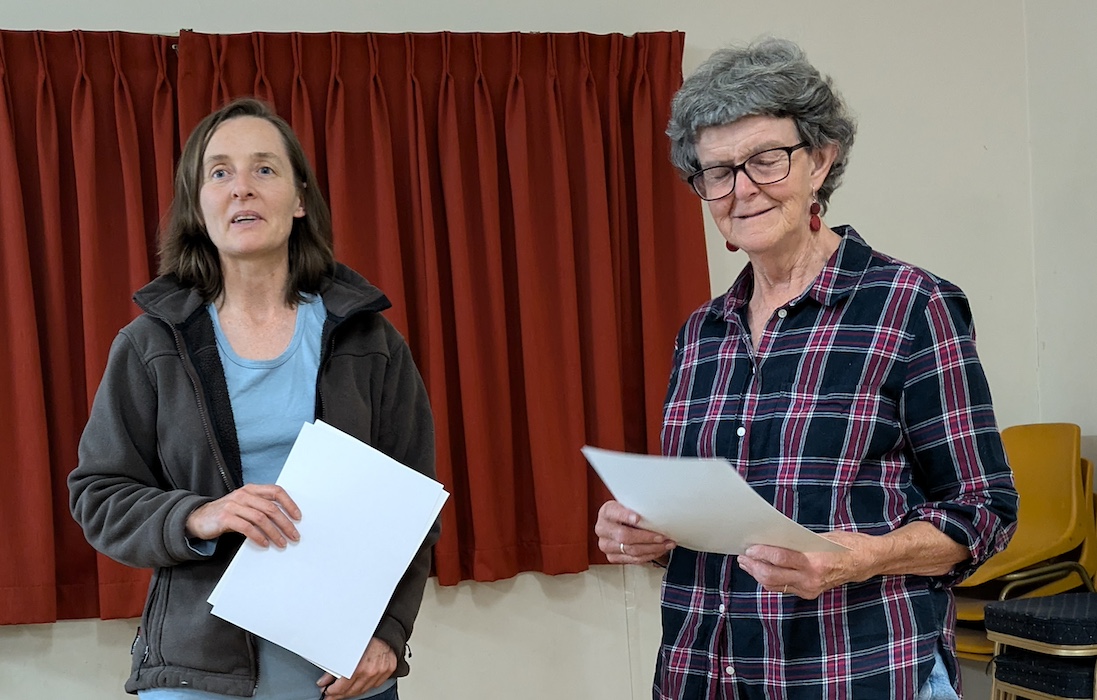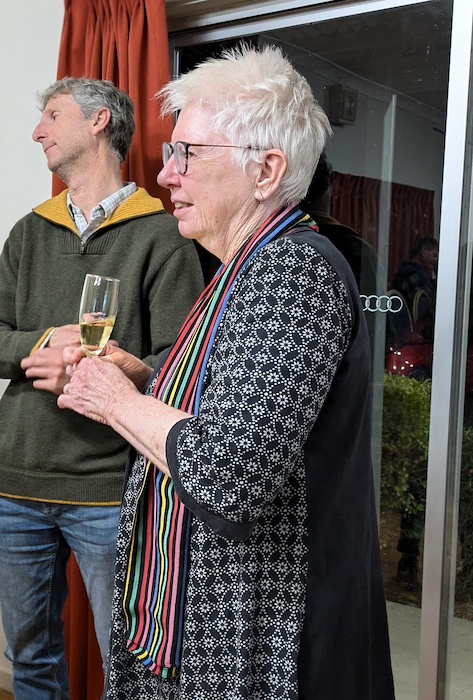Across the Yass Valley, a dedicated group of volunteers regularly gather to test water quality at key sites—keeping a close eye on the health of our local waterways. These citizen science efforts are part of the Waterwatch program, supported by Ginninderra Catchment Group, and they play a vital role in helping us understand and protect our rivers.
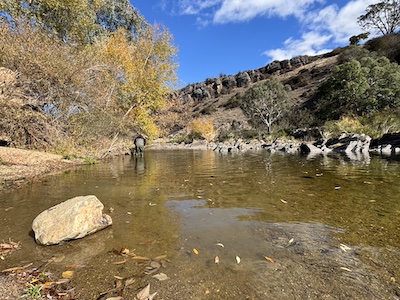
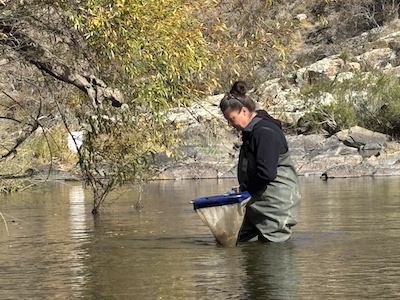
Among the most exciting aspects of this work are the regular waterbug surveys, which involve taking a closer look at the small creatures that live in our creeks and rivers. Recently, Yolandi Vermaak, Waterwatch Coordinator from Ginninderra Catchment Group, pulled on her waders and headed out to Hattons Corner on the Yass River, one of our regularly monitored sites, to do just that.
Sampling involves collecting waterbugs from a range of habitats—riverbanks, sandy bottoms, and rocky areas—to get a diverse and representative mix. The bugs are rinsed into a bucket, then poured into flat trays for close inspection. Each tray is carefully combed through to identify and count the different types of water-dwelling invertebrates.
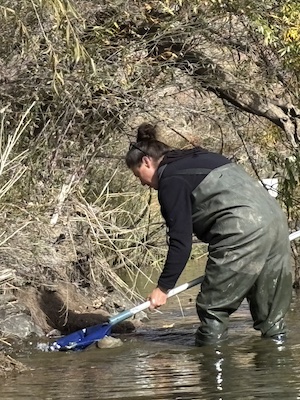
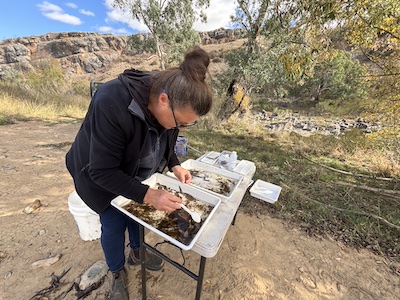
Why waterbugs? Because they’re excellent indicators of river health. Some species, like mayfly nymphs, are particularly sensitive to pollution and other environmental changes. Their presence in good numbers during this latest survey was a promising sign. Other species found included dragonfly nymphs, water boatmen, water skaters, and freshwater molluscs like basket shells—all contributing to a rich and balanced aquatic ecosystem. There were a few pests there too like the introduced gambusia (mosquito fish) which affects native fish and frogs.
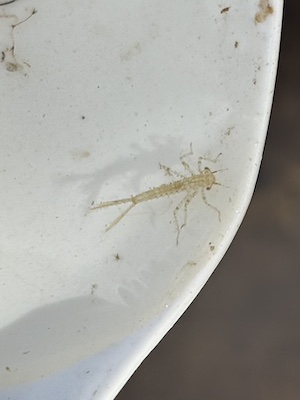
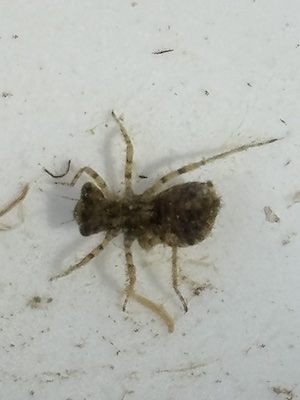
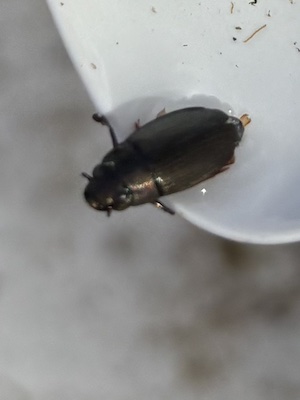
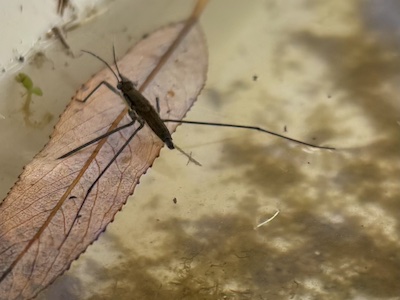
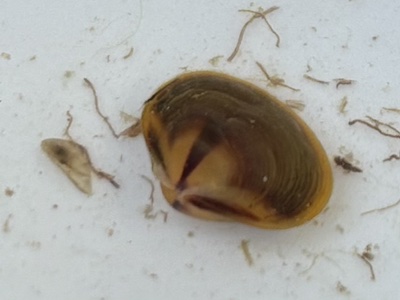
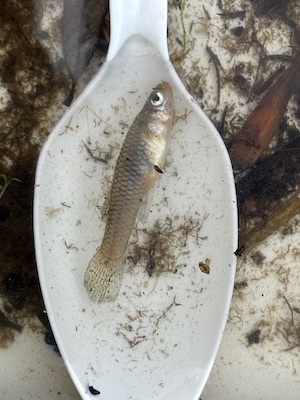
Together with the regular water testing done by our wonderful local volunteers, these waterbug surveys help paint a clearer picture of the condition of our rivers and streams. It’s encouraging to see such signs of health in the Yass River, but ongoing monitoring remains essential.
Want to get involved? Whether you're interested in testing water quality or exploring the world of waterbugs, we’d love your help! Contact our YAN Coordinator, [email protected] or Yolandi Vermaak, Waterwatch Coordinator, [email protected] to learn more about becoming part of this grassroots science effort. It’s a hands-on way to care for our environment—and a great excuse to get your feet wet for a good cause.
Written by Sarah McGrath, YAN Coordinator & Waterwatch Volunteer

